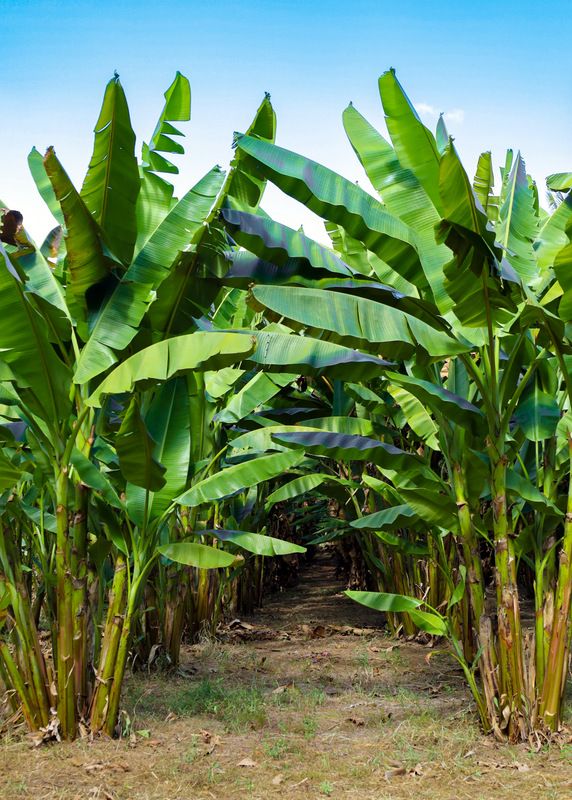Eco-friendly plastic being developed from abaca fiber

A research initiative is paving the way for eco-friendly bioplastic films using nanocellulose extracted from a hybrid of the local abaca plant.
The project, spearheaded by the Forest Products Research and Development Institute of the Department of Science and Technology (DOST-FPRDI), is being funded the DOST Philippine Council for Agriculture, Aquatic, and Natural Resources Research and Development (DOST-PCAARRD).
It is making use of fibers from the Bandala abaca hybrid developed by the Institute of Plant Breeding of the University of the Philippines Los Baños (UPLB) which made use of abaca and banana tissues to create a hybrid that is resistant to the Bunchy Top Virus.
This project aims to leverage Bandala's unique properties to produce bioplastic films, offering a value-added product that extends beyond traditional fiber uses.
Led by Dr. Anniver Ryan P. Lapuz, the project team is exploring various processes, including pulping and bleaching, to derive cellulose pulp from BANDALA fibers. They will also characterize the properties of extracted cellulose nanocrystals (CNC) and test different CNC amounts in starch-based bioplastic films.
According to Dr. Lapuz, an essential aspect of the project involves assessing the production costs of CNC and CNC-reinforced bioplastic films, ensuring the feasibility of large-scale production.
Long considered as the world’s strongest natural fiber, abaca is the preferred raw material for making ship and power transmission ropes, car interiors, well-drilling cables, furniture, texture, and even security paper being used in money.
The Philippines holds a significant position in the global abaca industry, being one of the top producers of abaca fiber. In 2019, the country produced approximately 85,000 metric tons of abaca fiber, accounting for around 87% of the world's total production. The abaca industry provides livelihoods for over 200,000 Filipino families in over 50 provinces and contributes significantly to the country's economy.
Dr. Lapuz emphasized the potential environmental benefits of the bioplastic film, which could serve as an alternative to synthetic, petroleum-based plastics. This innovation is particularly timely, given the urgent need to reduce plastic waste and greenhouse gas emissions globally.
The commercial application of the project lies in the development and production of bioplastic films. These can be used as an eco-friendly alternative to traditional petroleum-based plastic packaging. This application is particularly valuable in the food packaging industry, where there is growing demand for biodegradable and compostable materials.
Due to its flexibility and strength, the bioplastic film can be used for the packaging for a wide range of products, including snacks, fresh produce, and consumer goods. It can be used as mulch films in agriculture to help retain soil moisture, suppress weeds, and improve crop yields. Being biodegradable, these films do not require removal at the end of the growing season, reducing labor and disposal costs.
The materials can also be used to produce biodegradable seed coatings and nursery pots, which can be planted directly into the soil, reducing transplant shock and plastic waste. And the bioplastic can be utilized in manufacturing disposable items such as plates, cutlery, cups, and straws, which are commonly used in the foodservice industry. These items can offer an environmentally friendly alternative to single-use plastics.
Dr. Lapuz said the growing global concern over plastic pollution and the increasing demand for sustainable materials present a significant market opportunity for bioplastic products. The use of locally sourced materials, like BANDALA abaca, not only supports local agriculture but also reduces reliance on imported raw materials, promoting economic resilience.
The project will be implemented for two years and will benefit abaca farmers, traders, researchers, and the pulp paper and plastic industries. It officially kicked off during an inception meeting organized by DOST-PCAARRD led by Deputy Executive Director for Administration, Resource Management and Support Services Melvin B. Carlos, along with Crops Research Division Director Leilani D. Pelegrina in UP Los Baños..